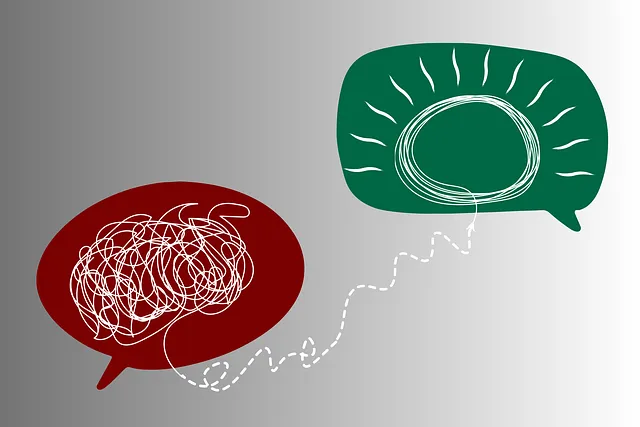Cultural competency is a key driver of high-quality care at Lafayette Kaiser Permanente mental health services. Through specialized training, staff gain skills to create safe and inclusive spaces for all patients, integrating mindfulness and conflict resolution techniques to cater to individual needs. This personalized approach strengthens professional-patient relationships, improves outcomes, and enhances satisfaction, setting Lafayette Kaiser Permanente apart in diverse healthcare settings.
Cultural competency in healthcare is vital, especially within mental health services. This article explores why this approach is essential and delves into the successful strategies employed by Lafayette Kaiser Permanente. We examine their unique training methods and their impact on patient care, offering a comprehensive guide for providers. By understanding cultural nuances, healthcare professionals can deliver more effective and compassionate mental health services tailored to diverse populations, reflecting Lafayette Kaiser Permanente’s innovative model.
- Understanding Cultural Competency in Healthcare: Why It Matters for Mental Health Services
- Lafayette Kaiser Permanente's Approach to Training and Its Impact
- Strategies for Effective Delivery of Cultural Competent Care: A Comprehensive Guide
Understanding Cultural Competency in Healthcare: Why It Matters for Mental Health Services

Cultural competency in healthcare is an essential aspect that has gained significant attention, especially within mental health services. This concept involves understanding and appreciating the diverse cultural backgrounds, beliefs, and values of patients, enabling healthcare providers to offer more personalized and effective care. When it comes to Lafayette Kaiser Permanente mental health services, cultural competency training empowers professionals to create a safe and inclusive environment for all individuals seeking support.
Incorporating practices such as mindfulness meditation and conflict resolution techniques allows healthcare providers to facilitate emotional healing processes tailored to each patient’s unique cultural needs. By recognizing and respecting cultural differences, these services can enhance the overall patient experience, improve treatment outcomes, and foster stronger relationships between mental health professionals and their clients.
Lafayette Kaiser Permanente's Approach to Training and Its Impact

Lafayette Kaiser Permanente has set a commendable example for cultural competency training within healthcare, particularly in their approach to mental health services. Their comprehensive programs focus on educating professionals about diverse communities and their unique needs. By incorporating Mind Over Matter Principles, the organization empowers staff to deliver more personalized care. This includes initiatives like Mental Wellness Coaching Programs Development, which equips professionals with tools to support patients’ mental wellness journeys.
The impact of these training sessions extends beyond improved patient outcomes. It fosters an inclusive environment, enhances communication, and promotes better risk management for mental health professionals (Risk Management Planning). As a result, Lafayette Kaiser Permanente has seen increased satisfaction among both staff and patients, reflecting a more culturally sensitive and holistic healthcare approach.
Strategies for Effective Delivery of Cultural Competent Care: A Comprehensive Guide

Cultural competency training is a powerful tool to enhance patient care, especially in diverse healthcare settings. Lafayette Kaiser Permanente mental health services recognize that providing culturally competent care goes beyond basic language translation. It involves understanding and respecting patients’ unique cultural beliefs, values, and backgrounds, which can significantly impact their mental health journey.
A comprehensive guide for effective delivery includes integrating Burnout Prevention Strategies for Healthcare Providers, fostering Inner Strength Development, and encouraging open dialogue about diverse topics. Training sessions should be interactive, allowing professionals to share experiences and learn from one another. By promoting cultural awareness and sensitivity, healthcare providers can create an inclusive environment, ensuring every patient receives personalized care tailored to their specific needs and backgrounds. This approach not only improves treatment outcomes but also fosters a deeper connection between caregivers and those they serve.
Cultural competency training is a game-changer in healthcare, especially within mental health services. As evidenced by Lafayette Kaiser Permanente’s successful program, investing in comprehensive training can significantly improve patient outcomes and experiences for diverse communities. By adopting strategies outlined in this guide, healthcare providers can deliver culturally competent care, fostering inclusive environments that address the unique needs of all patients, including those in the Lafayette Kaiser Permanente mental health services.






